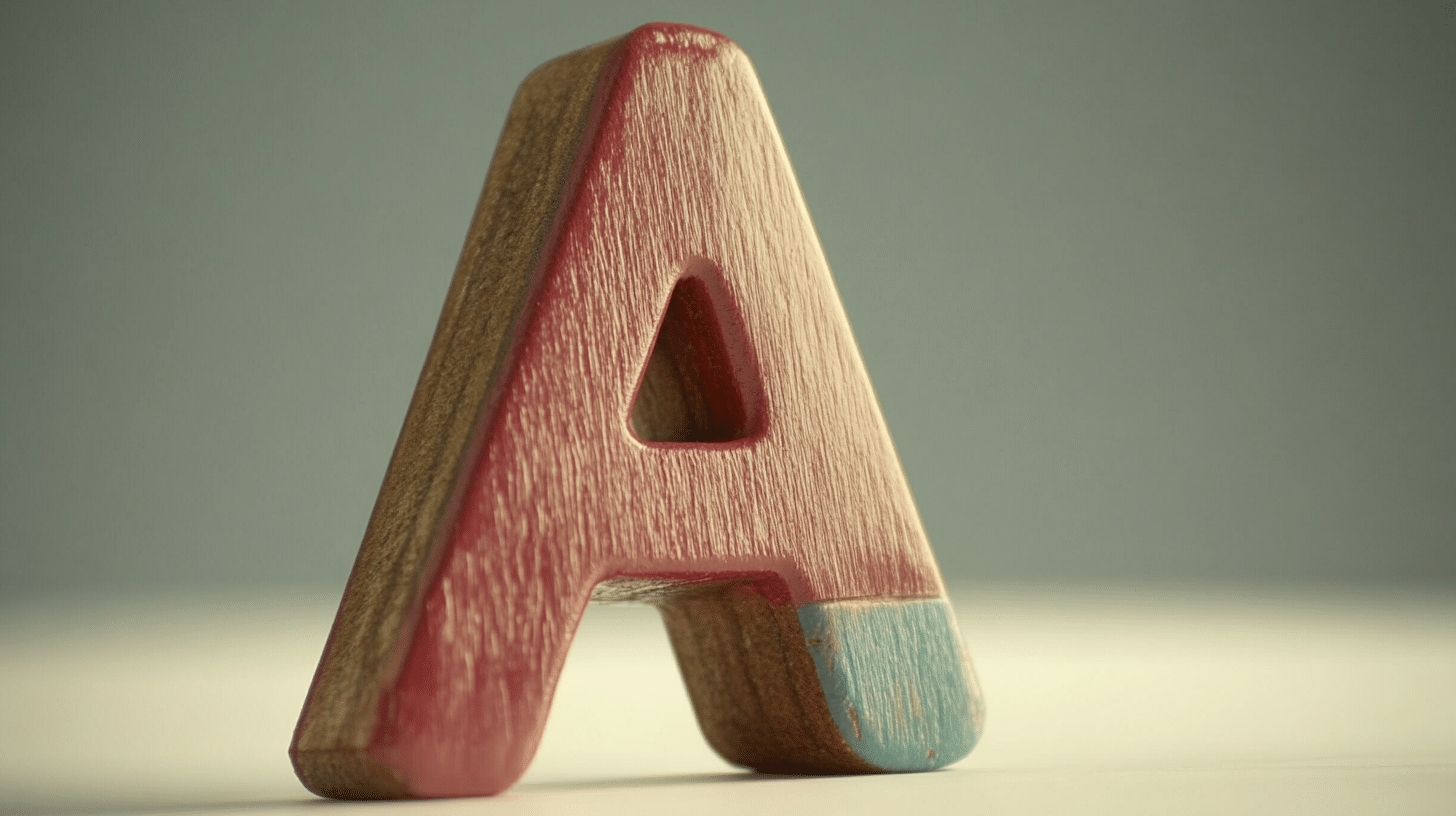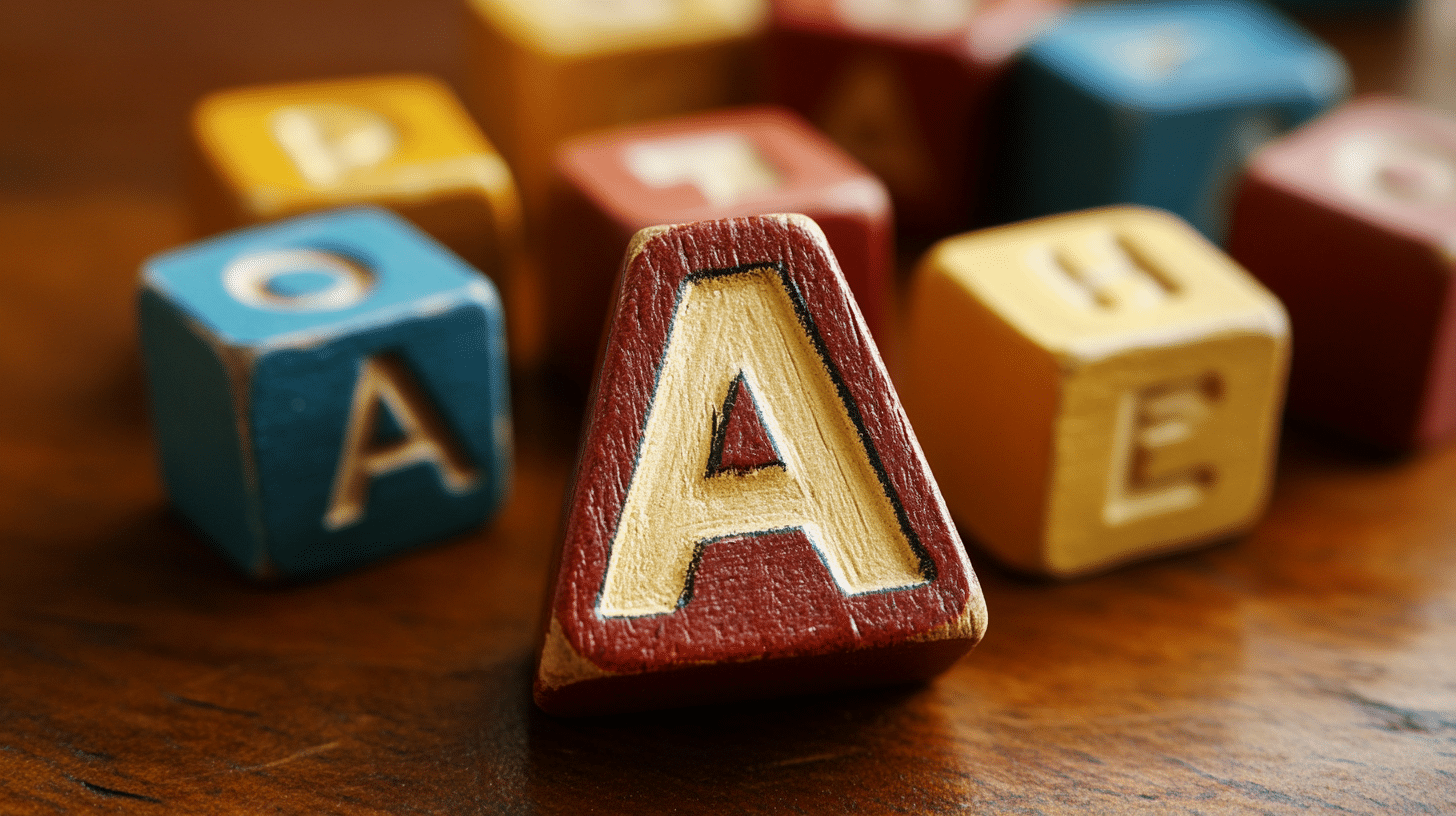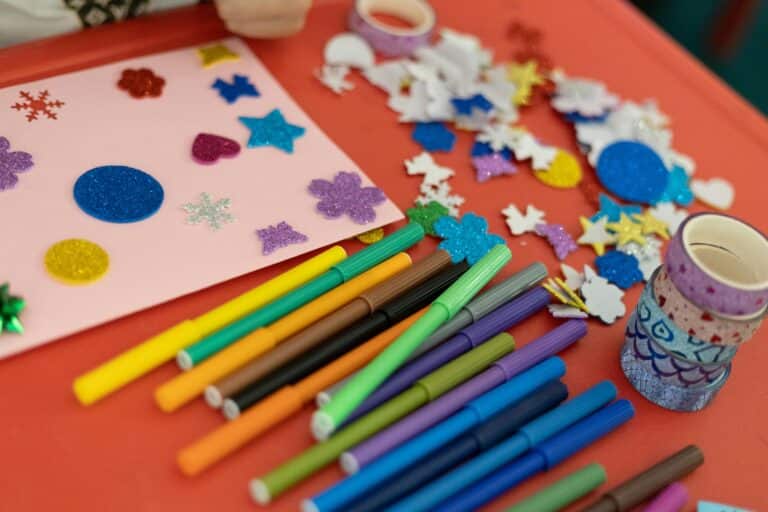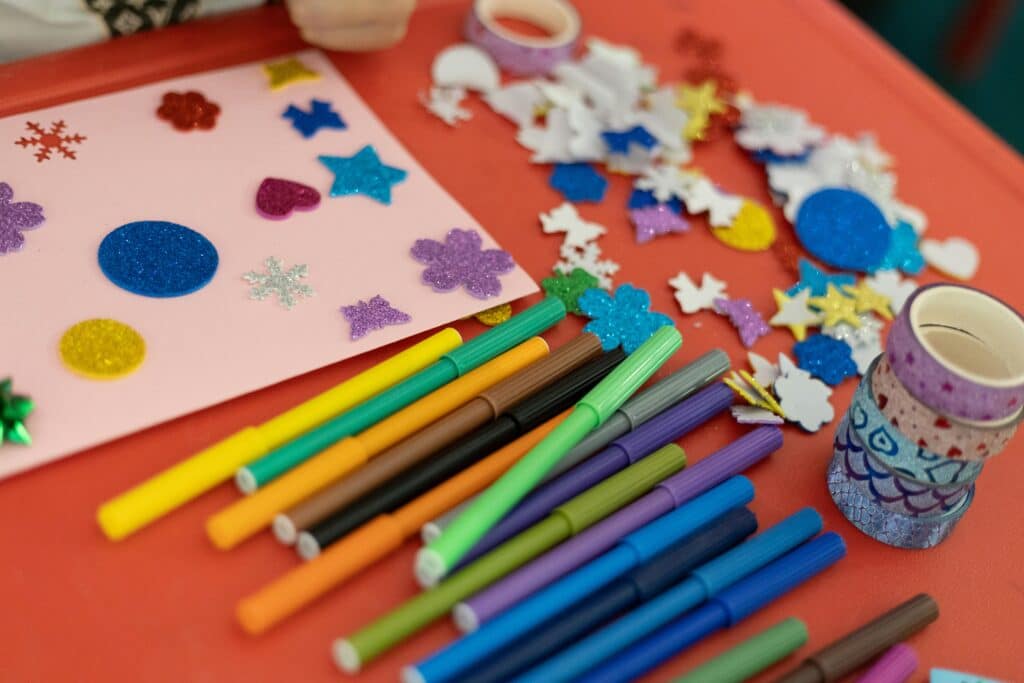Kids often stick to simple words. It’s a common problem. They say “good” when they could say “amazing” or “big” when they could say “astronomical.” Their vocabulary stays small, and they miss out on the joy of rich language.
With a few clever tricks, anyone can slip new vocabulary into daily life. Children absorb these words naturally, and soon they’re using terms like “accomplish,” “adequate,” and “absorb” without giving it a second thought.
Ready to check out how to boost vocabulary without the struggle? These simple methods convert learning into play, making word growth feel like an adventure rather than a chore.
What Makes A Word “Complex” for Kids?’
A word is considered “complex” for kids when it is harder to read, spell, or understand than words they use every day.
These words often have more parts, are longer, or have meanings that are not easy to guess. For example, words like “outlandish” or “extraordinary” are more complex than simple words like “cat” or “run”.
Why Are Some Words Complex?
- They are longer and have more syllables (like “unbelievable”).
- They have tricky spellings or unusual letter combinations.
- Their meaning is not clear from the word itself.
- They might be used less often in daily conversation.
- They can have more than one meaning, which can be confusing.
Summary Table: Example of Simple vs. Complex Words
| Simple Word | Complex Word | Why It’s Complex |
|---|---|---|
| Run | Accelerate | Longer, less common |
| Big | Enormous | Harder to spell, more syllables |
| Help | Facilitate | Not used in daily talk |
By learning to recognize and understand complex words, kids can become stronger readers and better communicators.
Simple “A” Words for Kids and Little Learners

-
Apple
-
Ant
-
Arm
-
Ape
-
Air
-
Art
-
All
-
Add
-
Age
-
Aim
-
Act
-
Am
-
An
-
And
-
As
-
At
-
Ask
-
Aunt
-
Ate
-
Ark
-
Any
-
Aid
-
Ago
-
Are
-
Ax
-
Arc
-
Amp
-
Awl
-
Area
-
Army
-
Auto
-
Arch
-
Able
-
Also
-
Aloe
Playful and Fun “A” Words to Spark Curiosity

-
Acrobat
-
Astronaut
-
Avalanche
-
Aroma
-
Alley
-
Anchor
-
Antelope
-
Aquarium
-
Apricot
-
Arrow
-
Atlas
-
Attic
-
Athlete
-
Accordion
-
Adventure
-
Alarm
-
Alphabet
-
Angle
-
Applejack
-
Archery
-
Asteroid
-
Autograph
-
Avenue
-
Acorn
-
Alpaca
-
Amusement
-
Anemone
-
Anchorite
-
Abacus
-
Acrobatics
Challenging “A” Words to Boost Vocabulary for Older Kids

-
Abominable
-
Abrasive
-
Abstain
-
Abyss
-
Accolade
-
Acquiesce
-
Adamant
-
Adroit
-
Affable
-
Agitate
-
Alacrity
-
Allegiance
-
Alleviate
-
Altercation
-
Amalgamate
-
Ambiguous
-
Ameliorate
-
Amiable
-
Amiss
-
Amnesty
-
Anarchy
-
Anecdote
-
Anomalous
-
Antagonize
-
Antidote
-
Apathy
-
Appease
-
Apprehensive
-
Arbitrary
-
Arduous
-
Articulate
-
Ascertain
-
Aspiration
-
Assimilate
-
Astute
-
Audacious
-
Augment
-
Austere
-
Authentic
-
Avarice
-
Avid
-
Awe
Fun Ways to Learn Complex “A” Words
Big “A” words can be hard to learn. But I found some fun ways to make them stick in your brain!
- Make Word Pictures: Turn words into small pictures. For the word “abundant” (meaning lots of something), draw a big letter A with many tiny dots around it. This helps you link the word to its meaning.
- Play Word Games: Games make learning more fun. Try this one: Write “A” words on cards. Pick a card and act out the word without talking. Others must guess what word you’re showing. Words like “amble” (walk slowly) are perfect for this!
- Create Silly Stories: Make up short, funny stories using “A” words. The sillier, the better! Your brain keeps silly things better than boring ones. For example: “Alex the ant was always angry about apples.”
- Sing Word Songs: Put “A” words into songs you already know. Singing helps your brain hold onto new words. Try putting “amazing” or “awesome” into “Twinkle Twinkle Little Star.”
- Make Word Chains: Connect “A” words in a chain. Each new word must start with the last letter of the word before it. Example: apple → eager → red → dog
- Use Word Magnets: Get letter magnets for your fridge. Make a new “A” word each day and talk about what it means with your family.
- Draw Word Comics: Make a small comic strip about an “A” word. For “anxious” (feeling worried), draw a character looking scared about a test.
How to Encourage Kids to Use Complex “A” Words

Teaching kids complex “A” words can be a fun and rewarding experience. Here are some simple and effective ways to help kids learn and use these advanced words:
Use the Words in Everyday Conversations
One of the best ways to help kids remember new words is by using them in daily conversations. For example, if the word is “adventure,” say something like, “I had an exciting adventure today at the park!”
The more kids hear and use these words, the easier it becomes for them to understand and remember them.
Create Fun Word Challenges
Make learning complex “A” words exciting by turning it into a game. For example, challenge kids to use a new word in a sentence each day or ask them to come up with three sentences using the word “amazing.”
Rewards like stickers or extra playtime can motivate kids to keep learning.
Encourage Creative Writing
Help kids practice complex “A” words by encouraging them to write short stories or sentences. For example, ask them to write about an “adventure” or describe something “abundant” in their life.
Creative writing helps children understand how words work in different contexts.
Use Interactive Learning Tools
There are many online games, apps, and videos designed to teach kids new vocabulary in a fun and engaging way.
These tools often include animations and activities that help kids learn complex “A” words while having fun.
Read Books with Complex Words
Find books that are age-appropriate but contain some of the complex “A” words you want your child to learn.
As you read, pause and explain the meaning of unfamiliar words. Encourage kids to ask questions about the words and use them in their own sentences.
By making learning complex a words for kids fun, interactive experience, kids will feel excited and confident about expanding their vocabulary!
The Bottom Line
Teaching complex a words for kids doesn’t need to be a chore. By using games, word walls, and everyday conversations, we can make vocabulary building a natural part of their development.
Remember, the goal isn’t just to expand their word list but to help them feel confident using these words in real life.
What matters most is keeping the learning process fun and stress-free. Children who enjoy working with words today will become strong communicators tomorrow.
Ready to start? Pick one method from this blog and try it this week. Then let us know how it works! What’s your favorite tip for teaching kids new vocabulary?
Share your thoughts in the comments below.
















